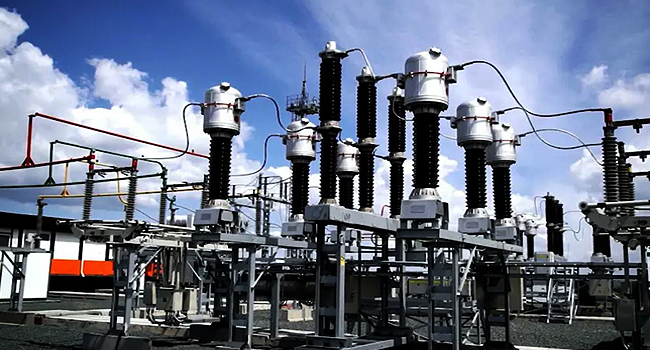The Federal Executive Council on Wednesday approved four new power sector reforms in a renewed drive to reform and strengthen the country’s national electricity grid.
Minister of Power, Adebayo Adelabu, told newsmen after the FEC’s meeting at Council Chambers, State House, Abuja, which was presided over by President Bola Tinubu.
According to Adelabu, the four proposals from the Ministry of Power were aimed at modernising ageing transmission infrastructure, improving supply reliability, and meeting rising electricity demand nationwide.
Adelabu stated that the first approval was the release of ₦13 billion for compensation on right-of-way acquisitions under the Lagos Industrial Transmission Project, funded through a $238 million development loan from the Japan International Cooperation Agency (JICA).
He said the project was targeted at boosting supply to key industrial clusters in Lagos, which accounted for a large share of Nigeria’s manufacturing output.
The minister said, “This funding covers compensation to property owners and communities affected by the transmission lines’ route. Once completed, the Lagos Industrial Transmission Project will ensure that our industrial estates have the dedicated, stable power they need to drive economic growth and create jobs.”
He stated that the other three approvals centred on the procurement and installation of high-capacity transformers to replace weak, overloaded, and obsolete units on the national grid.
The equipment procurement was valued at $34 million, with an additional ₦5.2 billion for associated costs.
The breakdown included two units of 150MVA 330/132kV transformers; three units of 100MVA 132/33kV transformers; five units of 60MVA 132/33kV transformers; and two units of 30MVA 132/33kV transformers.
Adelabu stated, “These transformers will be deployed strategically across the grid to relieve overloaded facilities, improve voltage stability, and accommodate the increased transmission capacity we are building.”
Adelabu described Nigeria’s national grid as an ageing system, much of which had been in operation for over five decades and was operating beyond its intended lifespan.
He said, “Many of the transformers, cables and related components are weak and prone to failure. Regular maintenance and timely replacement are essential if we are to achieve a stable, reliable and effective grid that meets the needs of households, offices, small businesses and industries.”
He assured that the latest approvals represented a significant step in the Tinubu administration’s broader power sector reform agenda, aimed at eliminating transmission bottlenecks, reducing system collapses, and laying a foundation for sustainable economic growth through improved electricity access.

